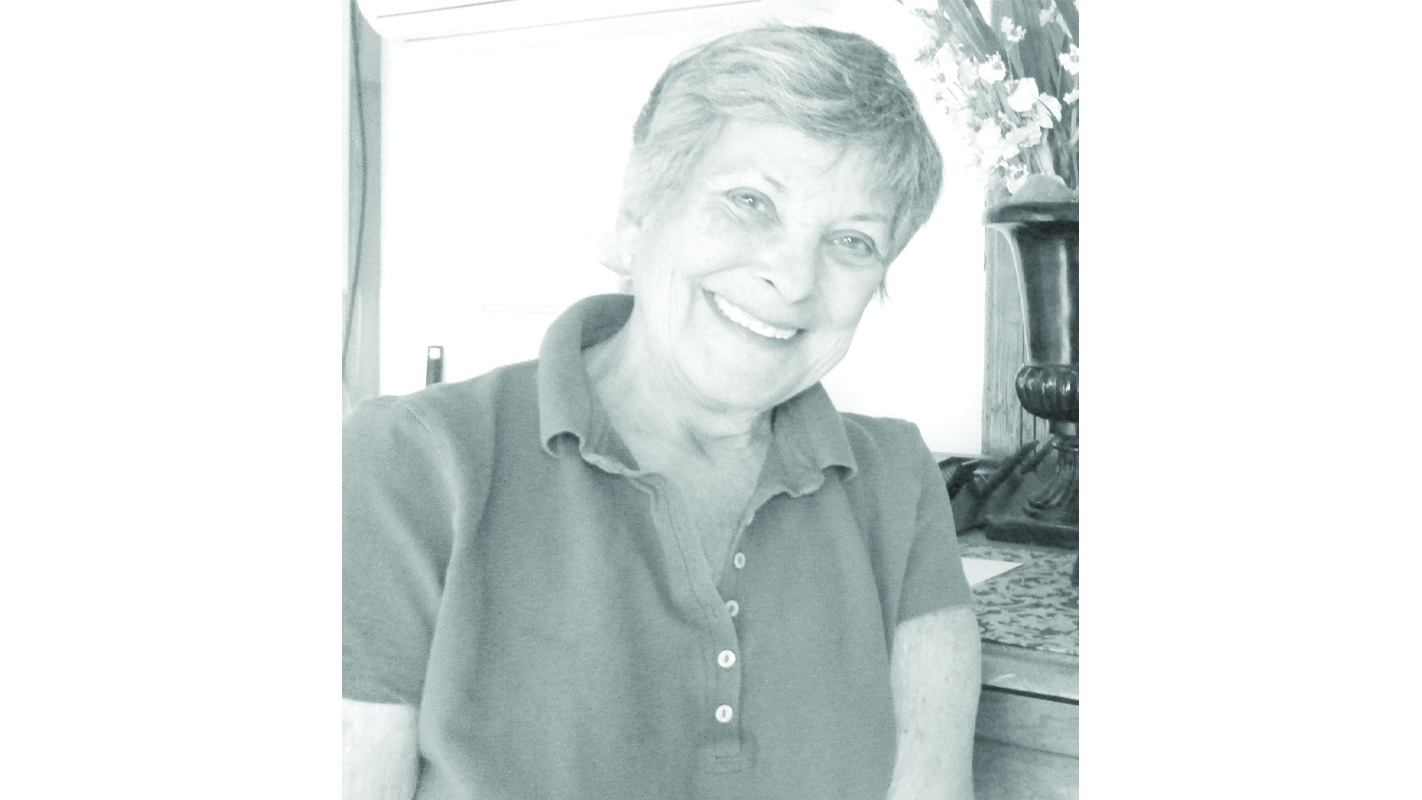Our school system came into effect in 1867 with the enactment of the Constitution Act — Section 98 allocated exclusive jurisdiction for education to the provinces. Its’ designed to give youngsters enough facts by the time they are 18 that they can go out, get a job and make a living until they retire.
That was the model when I was a kid back in the olden days, of the 1940’s, 50s and 60s — we spent the first 20 years learning stuff, the next 40 years doing one kind of job, and the last 20 years “retired”. This life model was on its last legs just about the time I got my first job – first computers, then the worldwide web, now algorithms and artificial intelligence. Yet our kids are going back to an education system that was invented 200 years ago to serve a long-gone Industrial Revolution.
If the life model not longer exists, why does the education system? Think of a baby born today: that child will be 30 in 2050. We’ve never been very good at predicting the future with any accuracy, but it’s even more difficult today. What does that kid really need to learn to succeed in 2050? I don’t know, but I do know that cramming information into kids’ brains is not the answer. In the past it made sense, because information was scarce it trickled out very slowly, there was no radio, TV, streaming 24/7.
Today, we’re flooded with unbelievable amounts of information, disinformation, conflicting reports and countless other things to distract us just a click away. Instead, we need the ability to make sense of information, to tell the difference between what’s important and what’s not, and, above all, to combine many bits of information into a broad picture of the world. This is, in fact, the mission of liberal education. It’s not clear that they’re doing a good job of it.
So if providing lots of facts and a set of predetermined skills is not good enough, what should teachers be teaching? Says historian and author Yuval Noah Harari, “Many pedagogical experts argue that schools should switch to teaching “the four Cs” — critical thinking, communication, collaboration, and creativity. More broadly, they believe, schools should downplay technical skills and emphasize general-purpose life skills. Most important of all will be the ability to deal with change, learn new things, and preserve your mental balance in unfamiliar situations. To keep up with the world of 2050, you will need to do more than merely invent new ideas and products, but above all, reinvent yourself again and again.”
This doesn’t seem unreasonable, given the unprecedented revolutions we face. We may not be able to predict the future, but we already see jobs taken over by artificial intelligence, algorithms that watch where we go, what we buy, who we meet. Soon they will know us better than we know ourselves – do they already control and manipulate us? How do we live in a world where uncertainty is a key feature?
Saya Harari, “To survive and flourish in such a world, you need a lot of mental flexibility and great reserves of emotional balance. You will have to repeatedly let go of some of what you know best and learn to feel at home with the unknown. You cannot learn resilience by reading a book or listening to a lecture. Teachers themselves usually lack the mental flexibility that the 21st century demands since they themselves are the product of the old educational system.”
The COVID-19 pandemic has compressed 10 years of anticipated e-learning growth into a matter of weeks. Will it encourage those who set curriculums to change them?
Dian Cohen is an economist and a founding organizer of the Massawippi Valley Health Centre.
For more information and to share ideas for future columns, email Dian at: Cohendian560@gmail.com
Crisis as a Catalyst for Change – Schooling our Kids
By Dian Cohen






